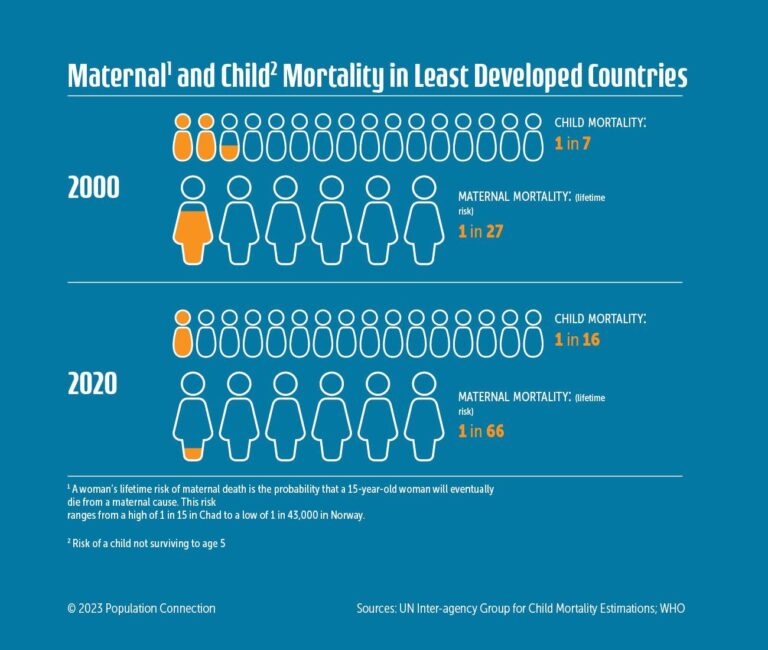Understanding Maternal Mortality in the KP Region
Maternal mortality remains a critical issue affecting the lives of women in the Khyber Pakhtunkhwa (KP) region of Pakistan. This problem is compounded by a variety of socio-economic and health system challenges.
The Current State of Maternal Health in KP
The KP region has one of the highest maternal mortality rates in Pakistan, reflecting disparities in healthcare access. Lack of education, insufficient healthcare infrastructure, and cultural barriers significantly impact women’s health outcomes.
Major Contributing Factors
There are several factors that contribute to the high maternal mortality rates in KP. These include inadequate prenatal care, limited access to skilled birth attendants, and the prevalence of harmful traditional practices.
The Role of Healthcare Infrastructure
Healthcare infrastructure in KP is often under-resourced and unable to meet the needs of the population. This lack of investment in healthcare facilities further exacerbates the issue of maternal mortality in the region.
Community Awareness and Education
Raising awareness about maternal health is crucial for reducing maternal mortality in the KP region. Education programs that empower women to seek healthcare can lead to improved outcomes.
Government and NGO Efforts
Both governmental and non-governmental organizations are working to address maternal health issues in KP. These efforts include improving healthcare access and promoting safe childbirth practices.
The Path Forward
Addressing maternal mortality in KP will require a multifaceted approach. Policy reforms, investment in healthcare infrastructure, and community engagement are vital for creating impactful change.
Get Involved
If you want to learn more about the ongoing challenges and efforts to combat maternal mortality in the KP region, visit this link: Maternal Mortality in the KP Region.

